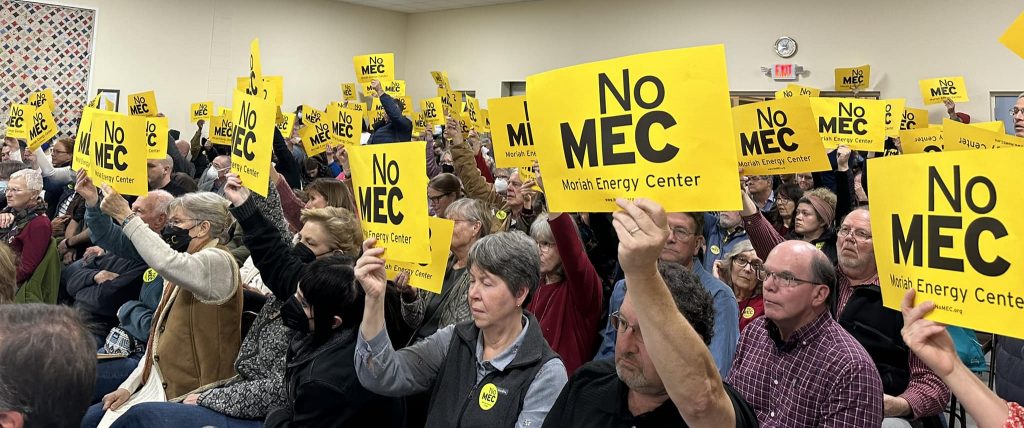In January, the U.S. Fish and Wildlife Service proposed protecting 445 stream miles in Central Appalachia as critical habitat for two at-risk species, the threatened Big Sandy crayfish and the endangered Guyandotte River crayfish. This means that developers of any federally funded or permitted project that affects this area would need to consult with the agency beforehand.
The waterways where these crayfish live are heavily impacted by coal mining, so this may impact permitting for new mines. The Guyandotte River crayfish is currently found in only two streams in West Virginia, and the Big Sandy, as its name suggests, is found in the drainage of the Upper Big Sandy River in Kentucky, Virginia and West Virginia.
The two species were listed under the Endangered Species Act in 2016. Both the listing and the habitat designation came in response to legal actions filed by the Center for Biological Diversity, a nonprofit wildlife advocacy group.
Following a lawsuit by multiple environmental organizations, a federal judge ordered the Fish and Wildlife Service to reconsider its decision to classify the northern long-eared bat as threatened rather than endangered. In its primary habitat, the bat has lost 90 percent of its population since 2006. It prefers mature forest along hillsides and ridgelines.
“We hope this ruling will be a step toward protecting bats from mountaintop removal [coal mining], as well as protecting human communities’ health from this deadly practice,” Vernon Haltom of Coal River Mountain Watch, a grassroots group involved in the legal challenge, said in a press statement.
Editor’s note: This article has been updated from the print edition to clarify that the Big Sandy crayfish is listed as threatened by the U.S. Fish and Wildlife Service while the Guyandotte River crayfish is endangered. The print edition listed both as endangered, and we regret the error.
Related Articles
Latest News

Leave a comment
Your email address will not be published. Required fields are marked *




